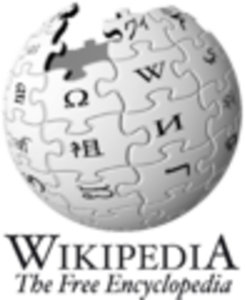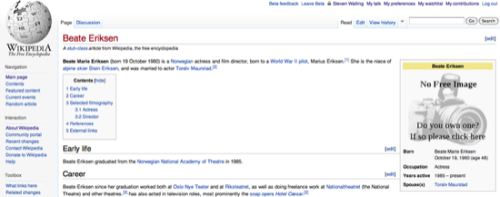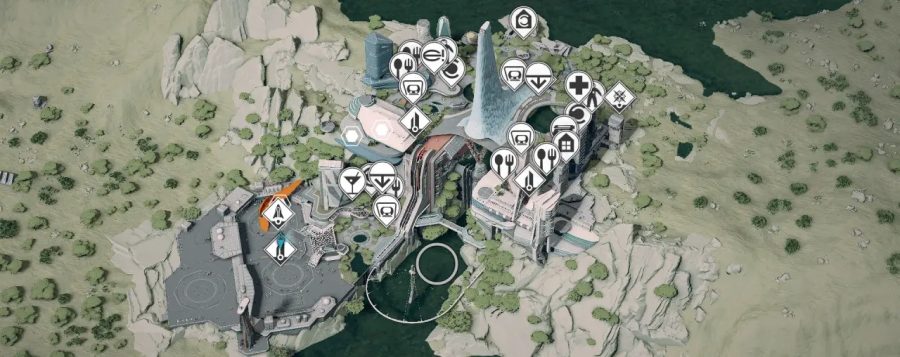Wikipedia, the free encyclopedia that anyone can edit, got its three millionth article in English tonight. The family of sites as a whole has more than 13 million articles in more than 260 languages, not counting discussion pages and other errata.

Wikipedia’s millionth article was about a train station and the two millionth was on a Spanish TV show. This one is a biography of a Norwegian actress and director named Beate Eriksen. True to form, you can also find bios of Eriksen in about half a dozen other languages, and the article is changing rapidly due to all the attention.
Figuring it Out
The pace at which edits to the site roll by is pretty blinding, so the exact article was determined via a bot written by a Wikipedia editor.
The announcement comes just before the annual Wikimania conference, which is an international gathering of contributors to all the Wikimedia Foundation projects. Wikimedia Commons, the free media repository that’s a sister project to Wikipedia, is also expected to have its 5 millionth image or video uploaded before the end of the month.
Another recent development is the beta release of a new skin for Wikipedia, one which is the first complete usability overhaul of the site in years. For a taste of Wikipedia’s future look, either log in on the site or check out our screenshot below of the 3 millionth article.
Is Deletion on the Docket?
The biography may be the first legitimate article to be called the 3 millionth, but that doesn’t mean it will stay that way. The article in question has no special status and could be deleted like any other if it doesn’t comply with the site’s standards for inclusion.
If it is deleted, then it looks like an article entitled Portuguese Fireplace would default to the 3 millionth article. The one page created just after Eriksen’s biography wouldn’t really count, since it’s simply a redirect to one of the site’s many disambiguation pages.
Get it Straight: Wikipedia isn’t Dying
In the past month there’s been a media narrative floating about that Wikipedia is in decline. Nearly all of the articles have referenced research by scientists at PARC’s (as in Xerox Parc) Augmented Social Cognition group.
The studies by PARC are some of the best scientific analysis of Wikipedia’s community ever done, but it has led to some rather sensationalist conclusions by media outlets. PARC’s models for Wikipedia’s growth and community are ones shared by some within Wikipedia’s community, but neither contingent is openly saying that the site is on its last legs. As this milestone demonstrates, a changing community doesn’t spell imminent doom for Wikipedia.










